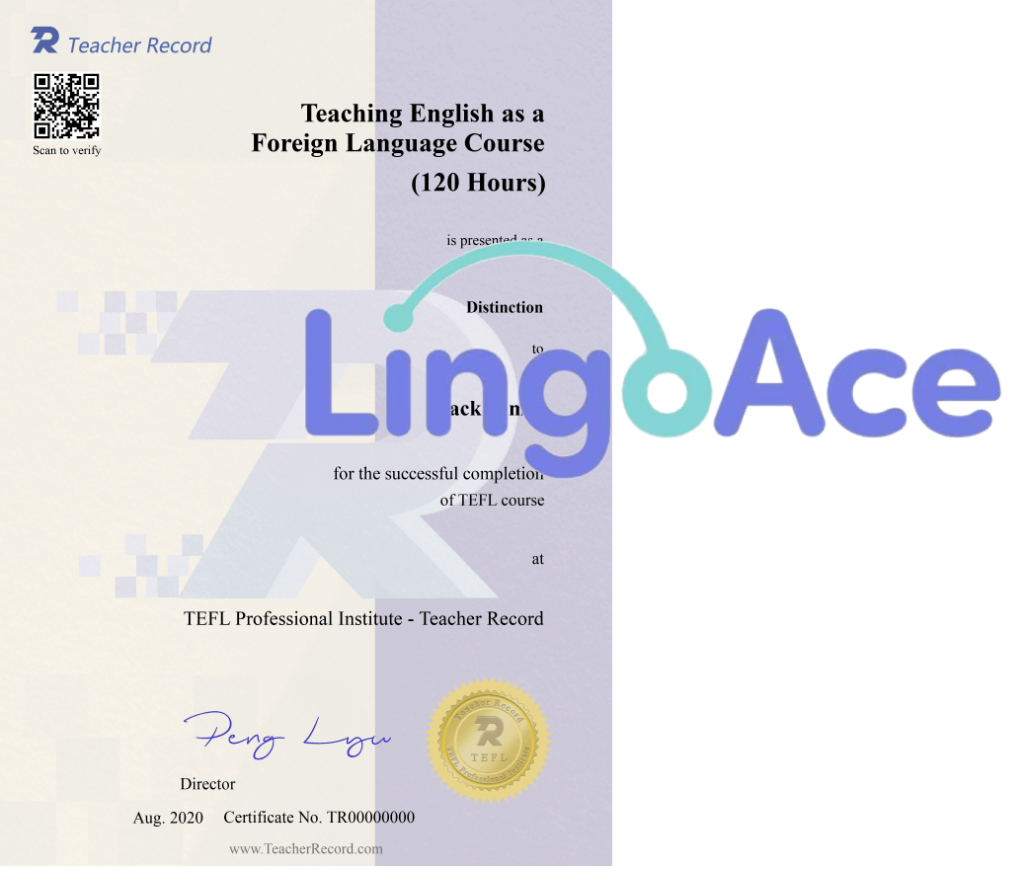EFL: Teach English as a Foreign Language
English Language Teaching (ELT) can be confusing for anyone new to it, with acronyms like TEFL, TESOL, ESOL, EFL, ESL and ELT all being mentioned when researching training courses. Here, we'll focus on EFL (English as a Foreign Language), with its meaning and implications explored along with ways teachers can support EFL students more efficiently. If you're looking to learn English at ease, we'll also provide helpful tips and resources to make your language learning journey smoother.
What Is EFL (English as a Foreign Language)?
EFL refers to the teaching and learning of English in countries in which it is not the native tongue. EFL learners typically include non-native English speakers studying or being taught the language for educational or occupational reasons in their home countries; an EFL learner could include Spanish-speakers taking English language classes in Mexico City for instance.
Distinguishing EFL from ESL:
Although EFL and ESL may often be used interchangeably, it's essential to recognize their technical distinctions. EFL refers to learning English in non-English speaking countries where English isn't commonly spoken daily whereas ESL refers to studying it within a country in which English is the main language - for instance if an international student from Mexico moved to America and continued their lessons, this would then constitute ESL lessons. To illustrate this point further, consider an international student enrolling into EFL lessons here and continuing their English lessons thereafter would constitute ESL lessons rather than EFL.
EFL in the Classroom:
EFL instruction can often be described by two terms - Teach English as a Foreign Language, or TEFL, and Teach English to Speakers of Other Languages (TESOL), respectively. When applied directly, these terms refer to practices undertaken when teaching EFL outside its home country - for instance an American teacher teaching local people English in Brazil is engaged in TEFL; both terms overlap; however TESOL refers specifically to ESL contexts without regard to location.
Understanding EFL Students:
EFL students reside in countries where English is not their primary language and face unique challenges due to limited exposure to it outside the classroom. While ESL students live immersed in an English-speaking environment, EFL students primarily utilize their native tongue in everyday situations; therefore teachers must create an engaging learning experience for these individuals.
Supporting EFL Students:
Teachers play an essential role in supporting effective language learning among their students. Here are some strategies for EFL educators.
Establish a Productive Classroom Environment:
In order to foster language acquisition, educators should develop engaging activities that encourage active participation. Including interactive exercises, group discussions, and multimedia resources in their lessons can enrich students' learning experience while opening doors for authentic language use.
Effective ESL Teaching Strategies:
EFL teachers employ various teaching methods to meet students' varying learning styles and needs. Communicative language teaching aims at encouraging meaningful dialogue with English in real-life scenarios; task-based learning tasks encourage both language acquisition and critical thinking abilities; while student-centred approaches like project-based learning or flipped classrooms empower learners to take control of their own education.
Fostering English Language Practice:
To combat their limited exposure to English outside the classroom, teachers can encourage their students to actively practice it through programs like language exchange programs, online resources, language clubs or connecting with English-speaking communities. Providing opportunities for communication outside the classroom will increase students' proficiency and confidence with English.
Offering Targeted Feedback and Support:
EFL teachers should offer students constructive feedback in order to help them hone their language skills. Individualized attention and support can address specific areas of difficulty while fostering progress; guidance regarding pronunciation, grammar, vocabulary and fluency will enhance overall language proficiency in students.
Ongoing Professional Development:
EFL teachers looking to keep abreast of the latest teaching methodologies and approaches should pursue continuous professional development. Taking part in a TEFL certification course provides teachers with comprehensive training on teaching techniques, language evaluation tools, classroom management strategies, intercultural communication methods, as well as strategies for creating engaging and inclusive learning environments.
EFL or English as a Foreign Language refers to teaching and learning English in non-English-speaking countries, in contrast with ESL which involves studying it within its home environment (e.g. an English-speaking nation). EFL students face the difficulty of limited English exposure outside the classroom, making it essential that teachers create a supportive learning environment. Employing effective teaching strategies, encouraging language practice, providing targeted feedback and support, and continuously honing their skills, EFL teachers can empower their students to reach their language learning goals. Engaging with EFL as a vibrant field of linguistic exploration opens doors to cultural exchange, global communication, and personal growth.
-
TEFL Costs: Options & Prices
Explore TEFL certification expenses, from online to in-class options. Make informed decisions on cos... -
Lingo Ace TEFL
TeacherRecord is the official TEFL partner of Lingo Ace, tasked with providing TEFL (Teaching Englis... -
Teaching Credentials vs Teaching Certificate Online
Explore the differences between teaching licenses and credentials, their requirements in North Ameri...








